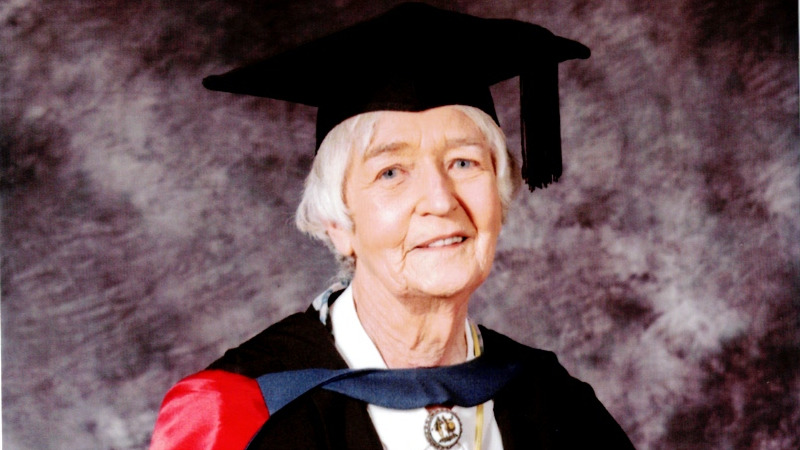
Why age should not be a barrier to learning and employment
Ahead of International Day of Older Persons (1 October), New Zealand-based octogenarian Margaret June Stefanitsis is a shining example of the value older people can bring to the industry
At 86, Margaret June Stefanitsis has no plans to slow down and submit to a quiet retirement. She is currently preparing to begin her PhD studies and hopes that her experience will encourage others to stop viewing age as a barrier.
Before retiring, Stefanitsis worked as a credit manager for a company that supplied products to the construction industry. She was intrigued by contractual retentions and, in late 2018, decided that her retirement was the perfect opportunity to learn more.
“We had subcontractors who were excellent customers but suddenly they couldn’t pay their bills,” she recalls. “There were larger construction companies who had failed and were horrible with money and retentions. Of course, small businesses operate on such small margins that if people do not pay them, they are in trouble.”
“I just kept this in the back of my mind until I retired,” she adds.
This insight sparked Stefanitsis’ decision to contact Massey University of New Zealand, with hopes of learning more about the legal side of the construction industry. She was referred to professor Naseem Ameer Ali, who subsequently encouraged her to pursue a masters in Construction Law.
“I completed one paper and I quite enjoyed it, although I found studying difficult after [a gap] of about 40 years,” she says.
After completing another paper, Stefanitsis’ confidence grew. She developed friendships with other students and began to relish the university experience.
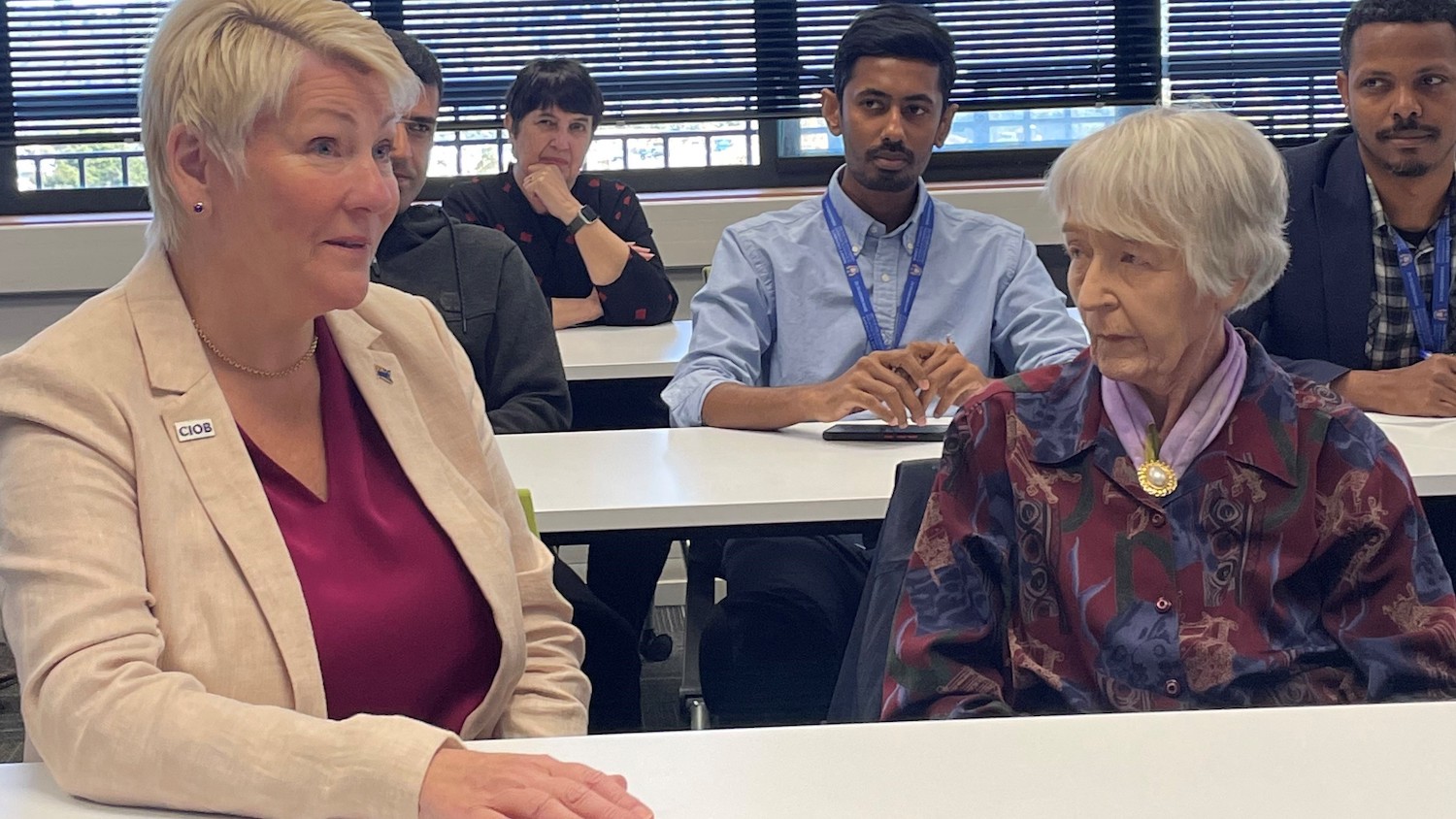
New friendships
Building camaraderie with her fellow students has been easy for Stefanitsis – she says they have been “wonderful”.
“Everyone wanted to photograph me and send the photo to their grandmas,” she laughs. “When they would decide to go out to lunch, I was included. They never, ever segregated me – they actually looked after me.
“I think I’m a quasi-grandmother to some of them.”
Stefanitsis has remained friends with many of the student cohort and admits that the experience has broadened her understanding of different cultures and countries.
“It has opened up my life,” she says. “The number of people that I have met and the things that they do just astonishes me. I am enjoying life so much. I never thought I would enjoy life in my 80s as much as I am.”
Learning later in life
Stefanitsis’ passion for continuing education has been lifelong, despite some hurdles along the way. She entered the workforce with ambitions of going into nursing, before pausing her career when she married and became a mother.
After returning to work, Stefanitsis spent 10 years at a pharmaceutical manufacturing laboratory at the University of Otago in New Zealand.
When her husband became chronically ill, Stefanitsis knew she would have to improve her education in order to financially support her family. She started with distance learning, studying accounting at school certificate level and then university entrance.
While it has been challenging, Stefanitsis graduated from her masters course in May 2022 and is committed to continuing her academic journey.
After being awarded a Postgraduate Excellence Award worth $8,000 (£4,200) to contribute towards her PhD, she now has her sights firmly set on completing her doctoral studies.
However, progressing from degree to PhD study has been a real challenge. Stefanitsis explains that, unlike a degree, PhD students are expected to develop their own topic and learning material.
“That is quite different,” she says. “It is the hardest thing I have ever done in my life.”
However, with the support of a learning adviser, Stefanitsis hopes her proposed topic ‘Accessibility to Public Building for People with Mobility Impairments’ will help to bring about real change for people with disabilities.
Employing older people
Stefanitsis is in no doubt that older people have a wealth of experience and skills that they can contribute to society, whether through academia or industry.
She believes employers need to do more to support older people who want to return to work beyond retirement age, insisting that patience is key.
“The difference between age and youth, for me, is speed. [Employers] should not have expectations of [older employees] coming in today or tomorrow and knowing everything – but they will be very loyal,” she says. “When they learn what they have to do, they will be such invaluable employees.
“And, of course, it gives the older person such a stimulus.”
Stefanitsis believes older candidates should not hesitate if they are considering a return to work.
“They will be rebuffed by many because there is a gap between youth and age,” she explains. “They might feel that they are not capable of doing it.
“Employers must encourage them, which might be difficult. But once there is a meeting of the minds, they will both be so pleased they took action – both the employer and the older person who has come back into the industry.”
Comments
Comments are closed.



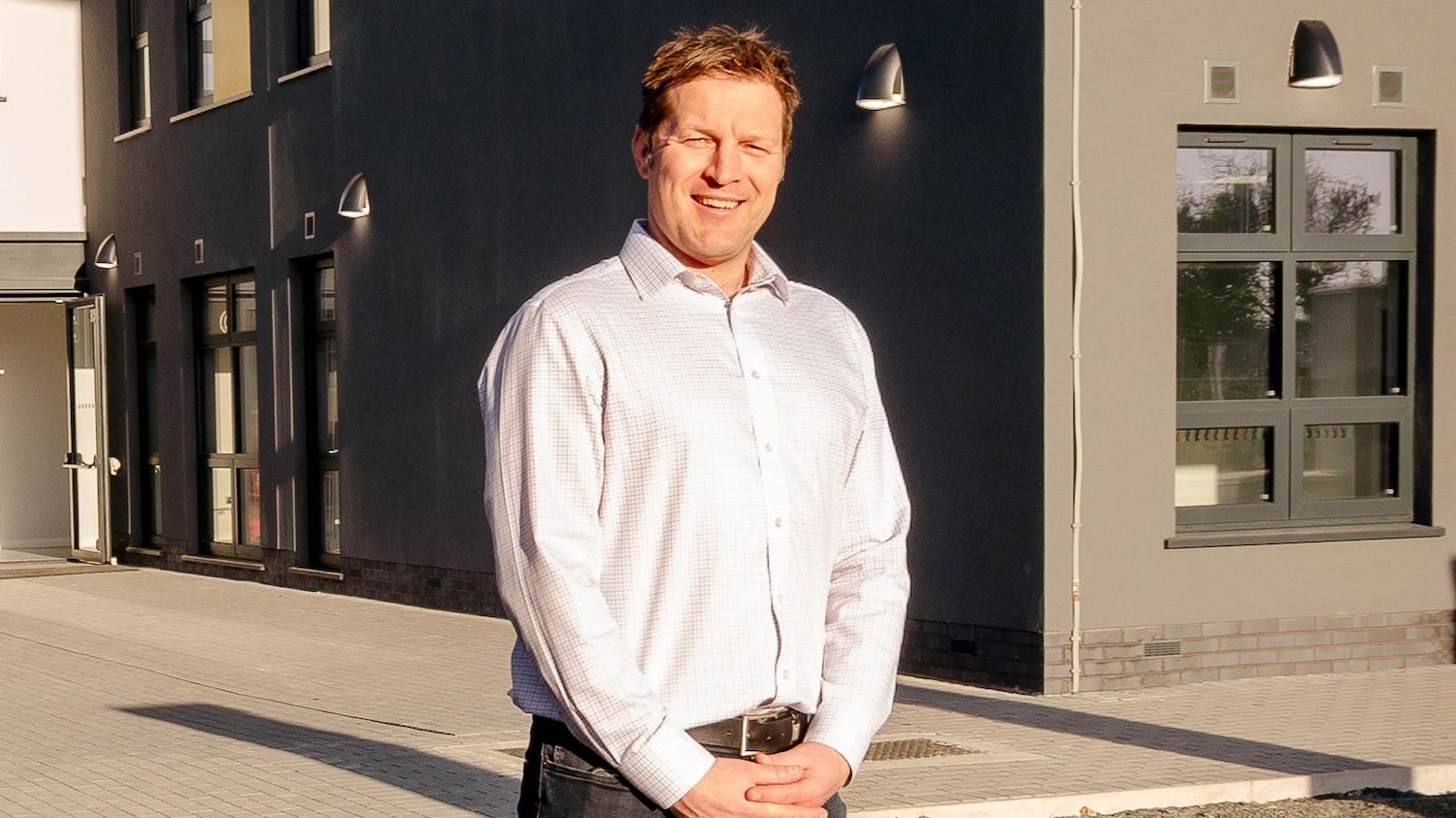
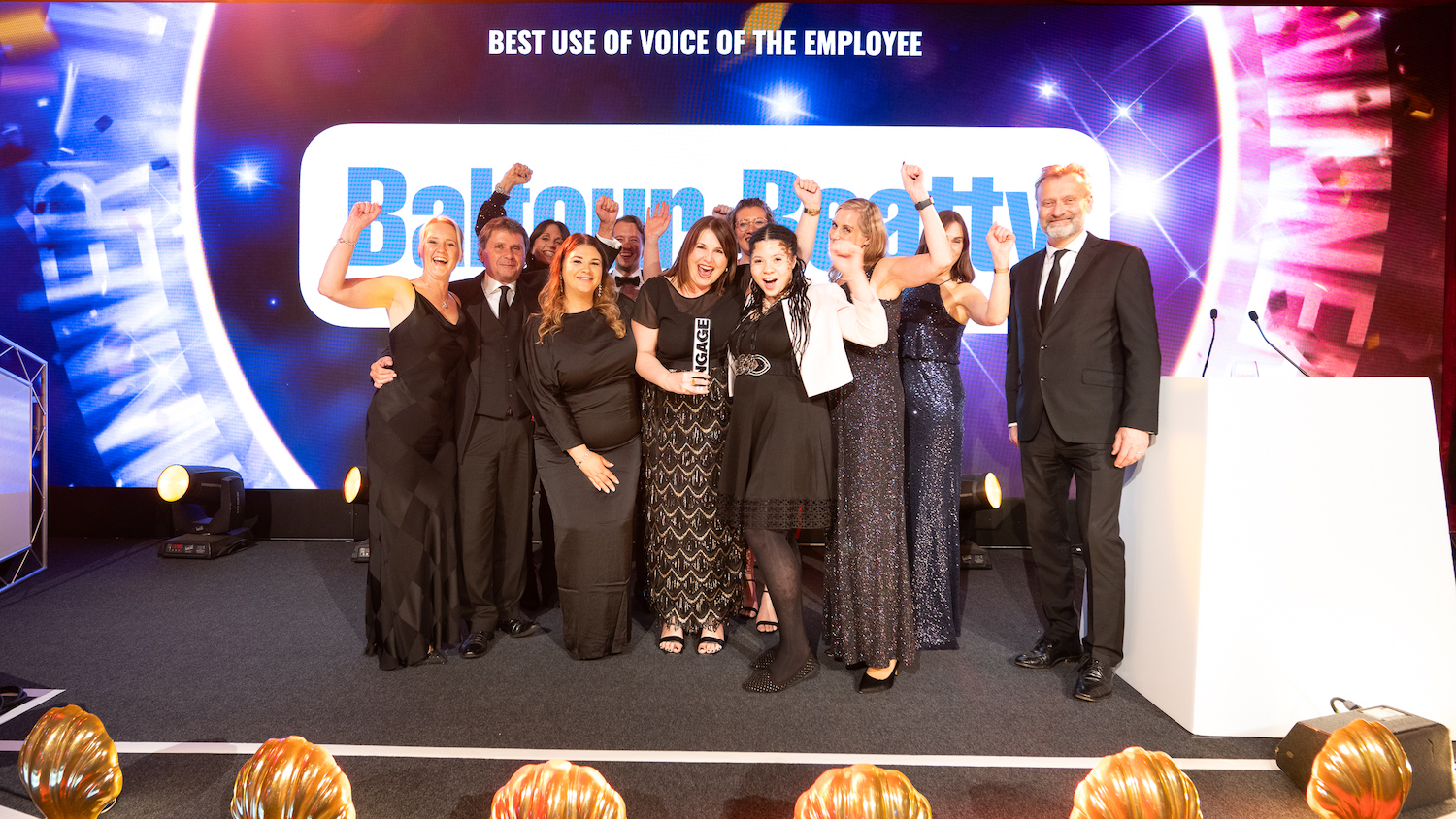
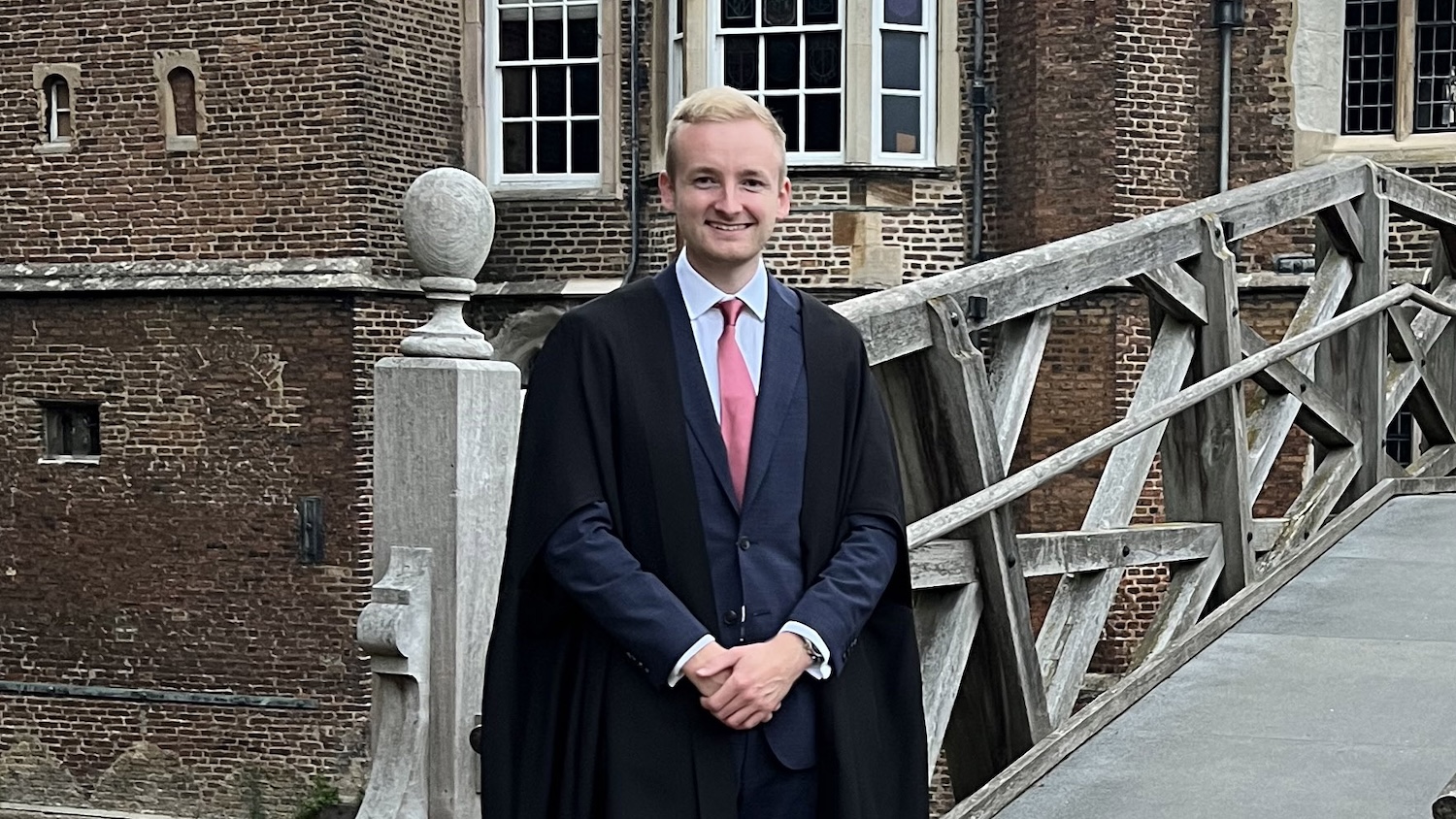

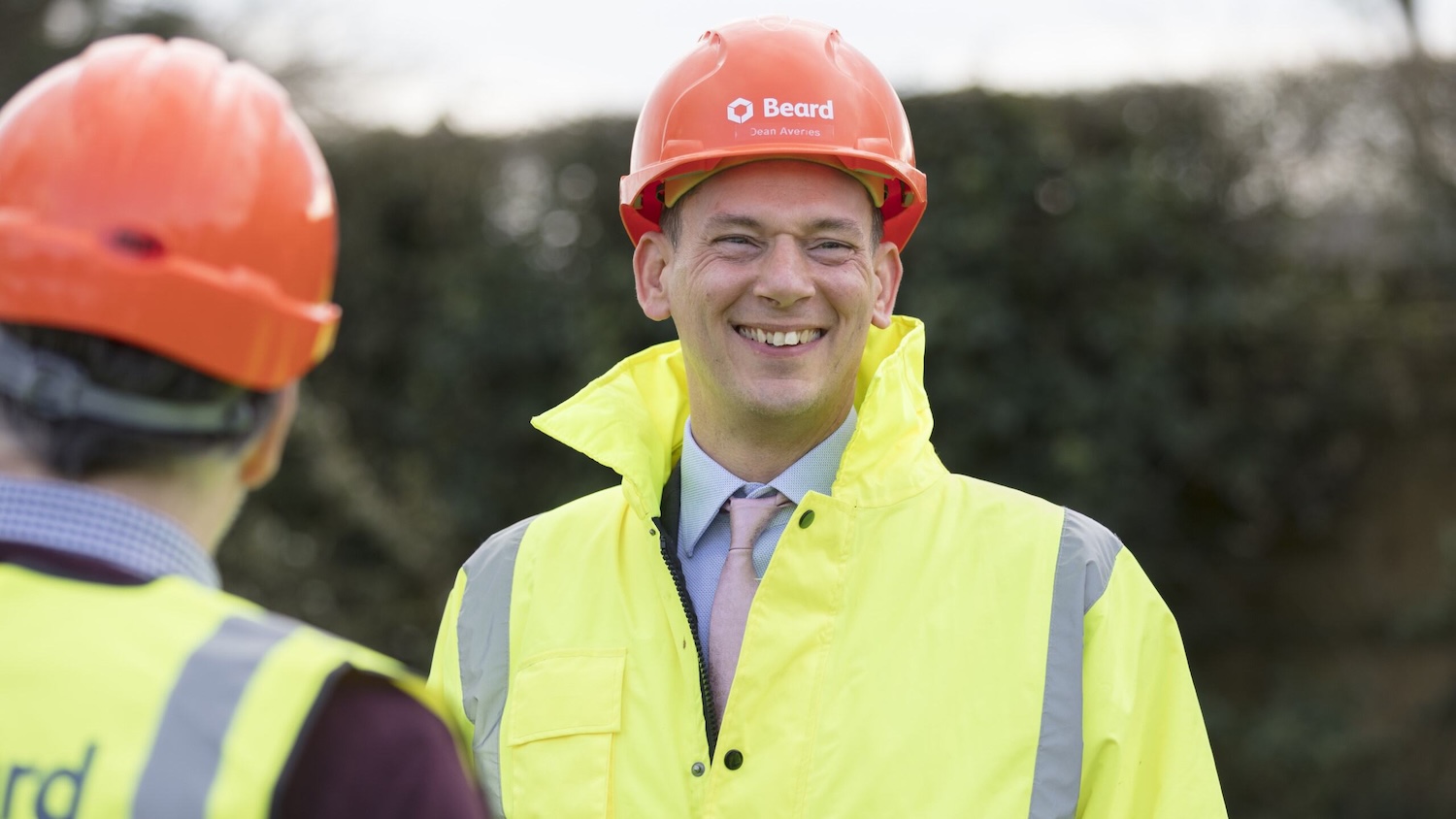
Totally Idealistic, if your over 50, nobody wants to know. Two Charteredship’s, 40 plus years experience and nothing in 18 months of applications. Given up now.
Good for Margaret,
I was 38 when I graduated with a BSc (hons) in construction management and 42 before I was employed in a construction graduate role, I must of applied for over 50 graduate roles and attended half as many interviews but my age prevented me gaining employment in a grad role, I even travelled over 100 miles for an interview where the hiring manager said ” your too old for this role ” before we started the interview.
I only gained the position at 42 because the hiring company wanted a candidate with practical construction experience, which I had (6 years as a plumber).
There is a lot of agism in the construction industry which is hardly ever discussed. Older workers have a wealth of experience and knowelage and I think companies should support and if need be train older candidates.
The age thing hasn’t deterred me, as iv’e received an unconditional offer, to which I have accepted on a MSc Building Surveying at Nottingham Trent University in September 2024 where I will 50 years old.
I just hope I don’t suffer the same employment problems once I graduate in 2025.
This is a very thoughtful article and at 70yrs old with high energy levels and a significant raft of experience in construction, I am already feeling the barriers which come with age from within the business I work for.
Stefanitis is a great role model at 86yrs young! I am a strong believer that age should be a central part of each business Inclusion Strategy, however with my experience it is certainly not at this time.